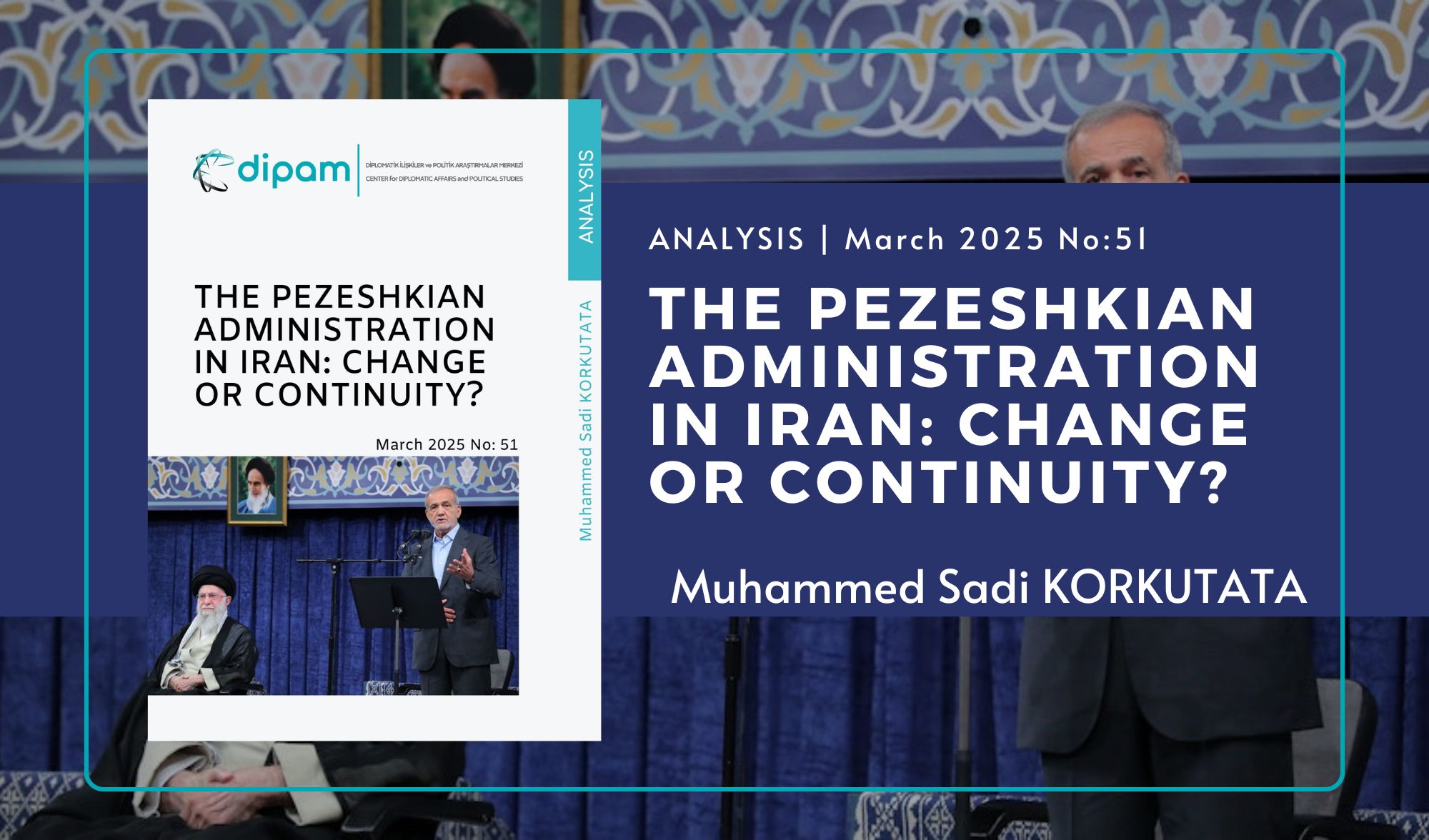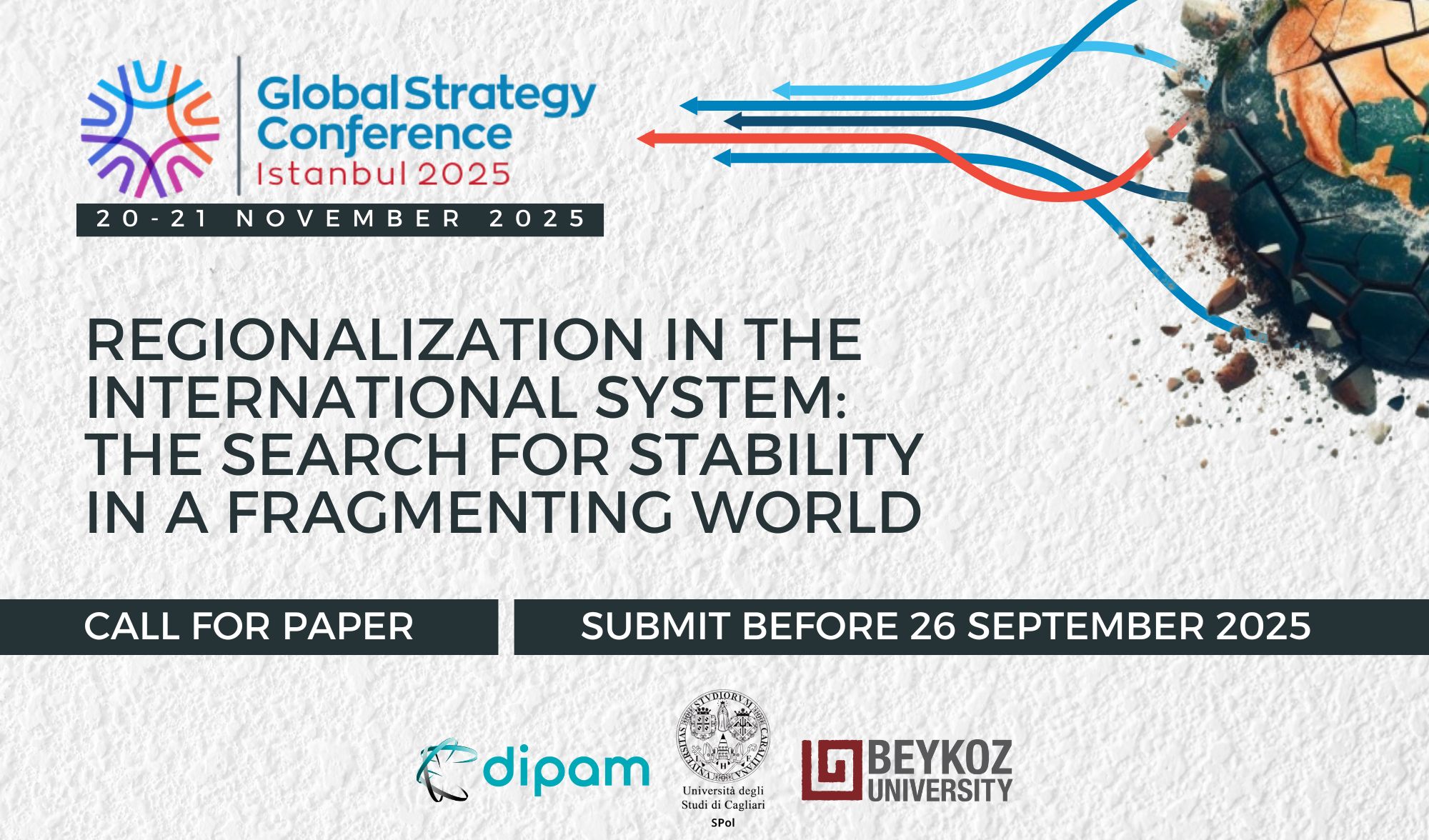In Iran, which has an ancient political tradition, in the Islamic Republic of Iran, which was established after the Islamic Revolution; thanks to the principle of velayat-i faqih put forward by Khomeini and one of the pillars of the regime, “ulema” play a decisive role in the country’s politics. In the post-revolutionary years under the rule of Ayatollahs, who are members of the ulema, Iran has had a turbulent political environment due to its geopolitical location, relations with the USA and political instability in the region. Finally, on May 19, 2024, in the elections held under the shadow of the crisis environment that emerged with the death of President Ebrahim Raisi in a helicopter crash, Masoud Pezeshkian became the new President of Iran. However, an interesting detail is that the elections had the lowest turnout rate in the Islamic Republic period, at 40%. The people’s “decreased belief in change and apathy towards elections” stand out as the reasons for the low turnout rate. Pezeshkian’s statements on the rights of young people and women are important in terms of the relationship to be established with the people. On the other hand, the new President; his commitment to religious rule poses a serious obstacle to reform in these areas, since such decisions are made by the Supreme Leader Ayatollah Ali Khamenei. However, Pezeshkian’s statements still have the potential to have a significant impact on Khamenei’s decisions.
The policies that Pezeshkian, who says he is proud of his “Turkish” identity, will follow regarding the Turks and Azeris living in Iran also stand out as an important issue in terms of the relations that the new administration in Iran will establish with the people. Because there are nearly 30 million Azeri-Turks living in Iran and this minority constitutes a significant portion of the population. At a time when the ties between the administration and the people in Iran have been seriously damaged compared to the first years of the Revolution, the bond that Pezeshkian will establish with the people will affect the internal dynamics of Iran and the course of the Islamic Regime. On the other hand, this bond will hold an important place in determining how Iran, which is in a critical position in the Middle East, which is becoming more and more complicated by the day, will look ahead. In the analysis titled “The Pezeshkian Administration in Iran: Change or Continuity?”; Pezeshkian’s relations with the public after coming to power, the policies he followed to establish these relations, the steps Pezeshkian took in foreign policy after coming to power, the relations established with Türkiye, the reactions of the Islamic government to these policies, and the possibility of Pezeshkian to make a radical change in Iran will be examined.
…





